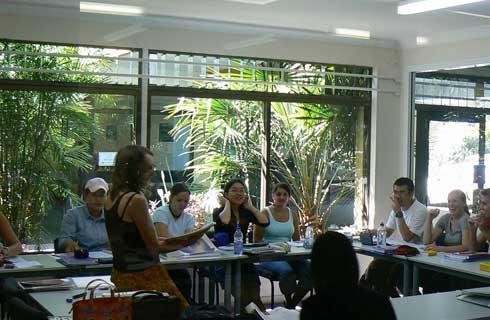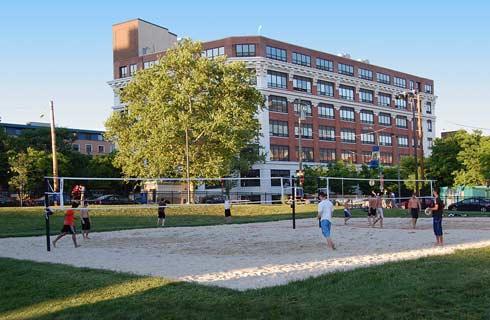国际学生入学条件
BSN from an institution accredited by the Accreditation Commission for Education in Nursing or the Commission on Collegiate Nursing Education.
Undergraduate cumulative Nursing GPA must be a 3.0 or above (on a 4.0 scale).
Undergraduate science GPA must be a 3.0 or above (on a 4.0 scale).
Undergraduate required science courses:
Anatomy and physiology- 3 credits each course (5 credits for combined course)
Pharmacology- 3 credits
Biochemistry OR Organic chemistry-3 credits
A minimum of 1 year of Intensive Care experience at the time of application. Applicants must currently be working in an Intensive Care Unit.
Current unrestricted Registered Nurse license. Michigan license is required at the start of the program.
Two satisfactory letters of recommendation are required. One must be from a current nurse manager or someone who serves in a legitimate supervisory role.
BLS, ACLS, PALS, and CCRN certification at the time of application
IELTS - 6.5, TOEFL iBT (internet) - 79, PTE (academic) - 53
展开
IDP—雅思考试联合主办方

雅思考试总分
6.5
- 雅思总分:6.5
- 托福网考总分:79
- 托福笔试总分:160
- 其他语言考试:PTE (academic) - 53
CRICOS代码:
申请截止日期: 请与IDP联系 以获取详细信息。
课程简介
The Oakland University-Beaumont Graduate Program of Nurse Anesthesia is a collaborative initiative between Oakland University and nationally renowned Beaumont Health System. Working in concert, both institutions are able to provide an exceptional educational environment for educating Certified Registered Nurse Anesthetists. The DNP: Nurse Anesthesia program prepares advanced practice nurses (APRNs) with a specialization in nurse anesthesia. The curriculum is an integration of DNP, APRN and nurse anesthesia specialty courses. Students study advanced physiology, pathophysiology, pharmacology and gross anatomical dissection in cognate courses. Clinical internships provide the opportunity for students to apply theory to practice, gain experience in all specialty areas and to become experts capable of providing anesthesia care to patients across the lifespan at all levels of acuity, undergoing procedures of varying complexity. Graduates are prepared in the translation of research and other evidence into clinical practice, measurement of patient outcomes, and transformation of health care systems to ensure quality and safety. The DNP is capable of addressing the critical leadership skills needed to translate evidence based care into practice, change systems of care and measure outcomes of groups of patients, populations and communities. <br><br>After 36 months of full-time study, graduates are prepared to take the certification examination offered by the National Board on Certification and Recertification of Nurse Anesthetists leading to the designation CRNA.
展开







 预科
预科 奖学金
奖学金 实习机会
实习机会 在校学习
在校学习 跨境学习
跨境学习 校园授课-线上开始
校园授课-线上开始 在线/远程学习
在线/远程学习













 荷兰学院
荷兰学院

 旧金山大学
旧金山大学

 洛马林达大学
洛马林达大学

 威斯康星大学密尔沃基分校
威斯康星大学密尔沃基分校

 华盛顿大学
华盛顿大学

 西三一大学
西三一大学










